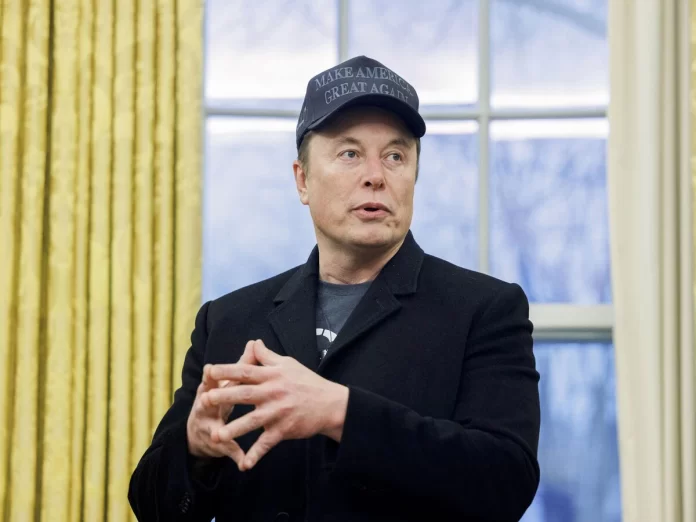A Bold Directive, Musk’s DOGE directive
Elon Musk, now heading the Department of Government Efficiency (DOGE), has issued a surprising directive to federal workers. Over two million employees must submit weekly work summaries or risk termination within a strict two-day deadline. This unprecedented move has sparked national debate about job security, leadership transparency, and employee wellbeing.
Submit or Resign.
Musk asked federal workers to list five accomplishments from the previous week in bullet points. They were instructed to avoid attachments, links, or classified content and submit by 11:59 p.m. on Monday. Failure to comply would be treated as resignation, effectively ending employment without further discussion or evaluation.
Efficiency Versus Morale.
Musk’s DOGE directive is part of a broader effort to cut government waste and modernize federal staffing. Musk claims DOGE’s policies have already saved the federal government billions of dollars. However, many question the long-term impact of such pressure on public service culture and morale.
Union Response and Confusion.
Unions and employee groups responded quickly, calling the move disrespectful and harmful to workplace trust. Several federal agencies gave conflicting guidance, leaving employees confused about whether to comply or not. Musk later extended the deadline, saying workers would get “another chance” to submit their responses.
Presidential Support and Public Reaction.
President Trump supported Musk’s directive and encouraged even tougher steps in reducing government inefficiencies. He referred to non-complying workers as “semi-fired,” drawing further criticism from employee advocates and union leaders. Observers argue that strong leadership should also include empathy, clarity, and concern for employee mental wellbeing.
Impact on Federal Employees.
Thousands of employees have reportedly accepted voluntary buyouts or have been dismissed in recent weeks. Many feel uncertain about their job roles and how their work is being evaluated under new leadership. Experts warn that such abrupt changes can deeply affect morale, productivity, and psychological safety at work.
What This Means for Workplace Culture.
Musk’s directive has opened a conversation about the value of federal employees and respectful workplace practices. While efficiency is important, experts stress that fair treatment is essential for a healthy, functioning workforce. Employee wellbeing starts with dignity, clear expectations, and leaders who listen before they demand.





